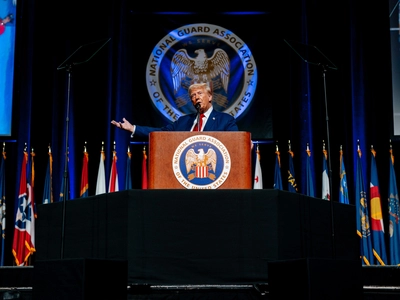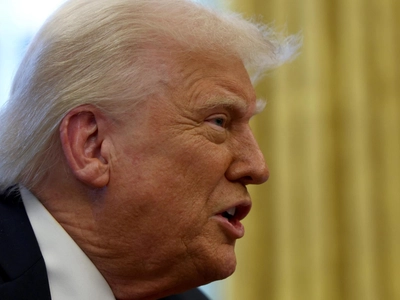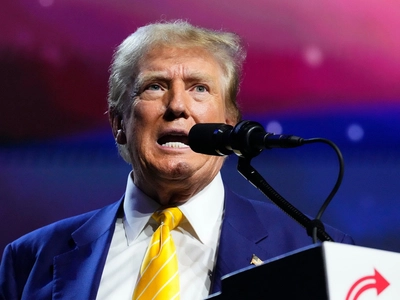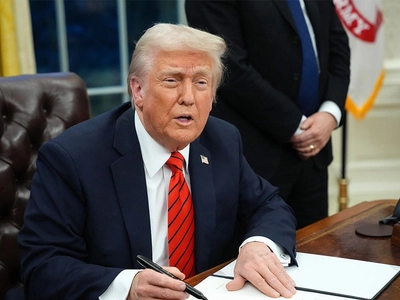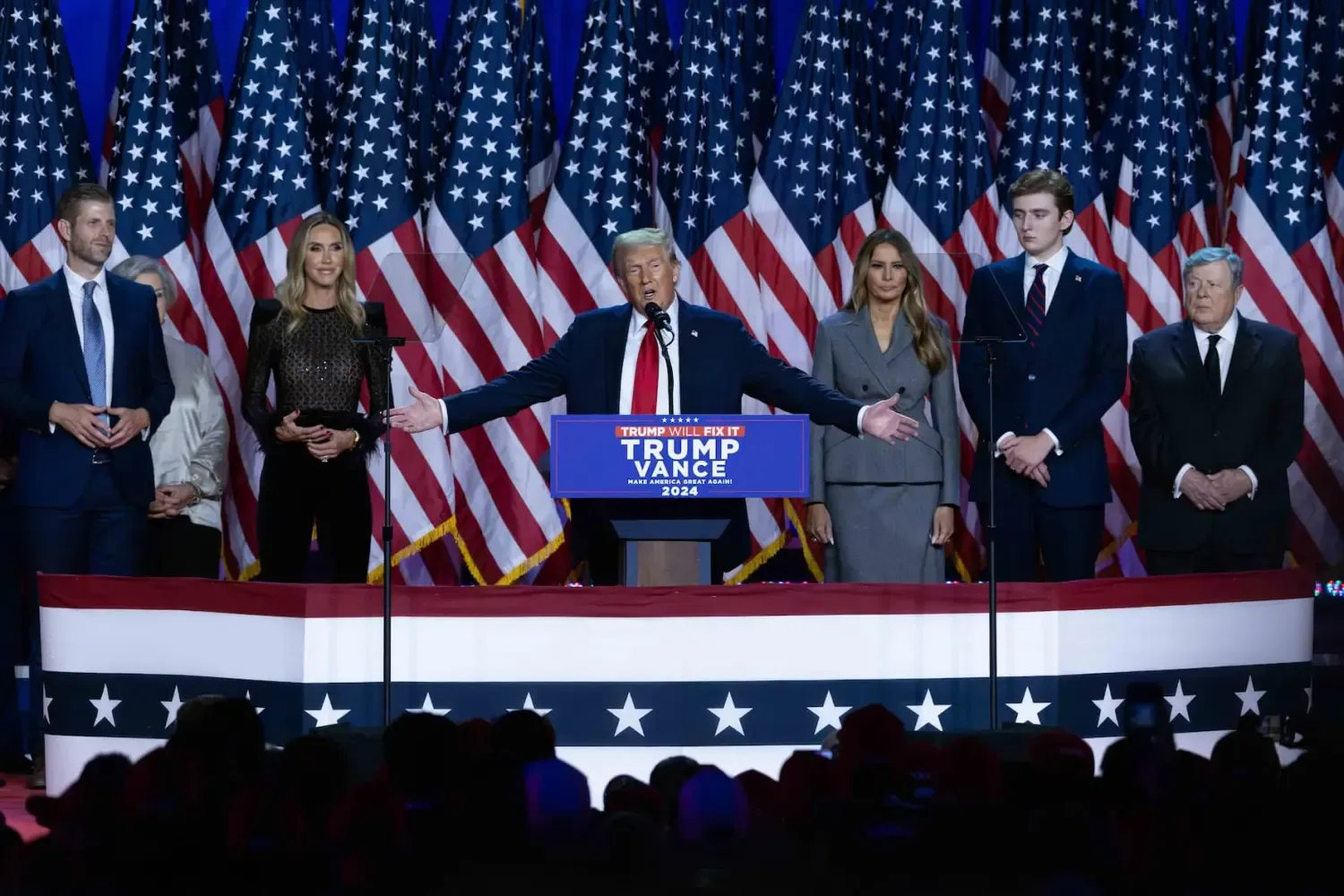Chicago Mayor Draws the Line: Defies Trump’s National Guard Threat with Bold Executive Order
Chicago Mayor Brandon Johnson just did something that should make every American sit up and pay attention—regardless of which political tribe you belong to. In a move that's either courageous leadership or dangerous insubordination, depending on your perspective, Johnson signed an executive order essentially telling the federal government: "Not in my city."
The Gauntlet Gets Thrown
When Johnson declared that Chicago police "will not collaborate with any National Guard troops or federal agents" if President Trump deploys them to the Windy City, he wasn't just making a political statement. He was drawing a constitutional battle line that hasn't been this stark since the Civil Rights era.
The mayor's exact words should give everyone pause: "We do not take orders from the federal government." Those eight words just turned Chicago into ground zero for what could become the biggest showdown between federal and local authority in decades.
But here's what makes this particularly explosive: Johnson isn't just posturing for political points. His administration claims they have "credible reports" that federal deployment could happen within days. This isn't hypothetical anymore—it's happening.
Constitutional Crisis or Constitutional Duty?
What Johnson is doing cuts to the very heart of how America is supposed to work. Are we a nation where the federal government can steamroll local communities whenever it wants? Or do cities and states have the right—even the obligation—to protect their residents from what they see as federal overreach?
The mayor's executive order doesn't just refuse cooperation—it actively instructs city employees to resist. Chicago police won't share intelligence. They won't provide logistical support. They won't even help with crowd control if federal troops show up.
This isn't just defiance—it's organized resistance.
The Precedent That Should Terrify Everyone
Here's what should keep you awake at night: If Chicago can tell federal authorities to pound sand, what happens next? What happens when a red state decides it doesn't like federal environmental regulations? What happens when a blue city decides federal tax collectors aren't welcome?
Johnson just opened a door that might not close easily. And whether you love him or hate him for it, you have to admit: this takes serious guts.
The mayor isn't backing down from the implications either. His office released a statement calling potential federal deployment an act of "tyranny"—a word that carries some serious historical weight in America.
When Local Leaders Stop Playing Nice
What makes this confrontation particularly dangerous is that it's personal. This isn't some abstract constitutional debate happening in law school classrooms. Real people in Chicago are preparing for what could happen if federal troops roll down Michigan Avenue.
Johnson's order specifically protects residents from what he calls unconstitutional searches and arrests. Translation: if federal agents want to operate in Chicago, they'll be doing it without local backup and with active local resistance.
The practical implications are staggering. Federal agents could find themselves completely isolated in America's third-largest city, surrounded by a population and police force that's been explicitly instructed not to cooperate.
The Question Every American Needs to Answer
So here's what this really comes down to: Do you believe local communities have the right to resist federal authority when they believe it's wrong? Or do you think the federal government should be able to deploy troops anywhere, anytime, regardless of local objections?
Your answer to that question probably depends a lot on which party controls Washington and which party controls your city hall. But here's the thing—power doesn't stay in the same hands forever. The precedent being set today will be used by someone you disagree with tomorrow.
The Stakes Keep Rising
Johnson isn't just gambling with his political career—he's gambling with the stability of American federalism itself. If this confrontation escalates, if federal troops actually deploy and Chicago actively resists, we could be looking at a constitutional crisis that makes recent political drama look like a playground squabble.
The mayor seems to understand the magnitude of what he's doing. His executive order didn't happen in a vacuum—it happened after careful preparation, after consulting with legal experts, after making sure Chicago was ready for whatever comes next.
That preparation should tell you something about how serious this is about to get.
Where This Goes From Here
Right now, we're in that terrifying space between threat and action, where anything could happen and probably will. Johnson has made his position crystal clear: Chicago will not cooperate with federal deployment, period.
The question isn't whether this will cause a crisis—it's what kind of crisis it will cause, and whether American institutions can handle the stress.
One thing's for certain: the days of local officials quietly grumbling about federal overreach while ultimately going along with it are over. Chicago just showed other cities exactly how to say no to Washington.
And that should make everyone—regardless of their politics—wonder what happens when "We the People" can't agree on who "we" are anymore.
